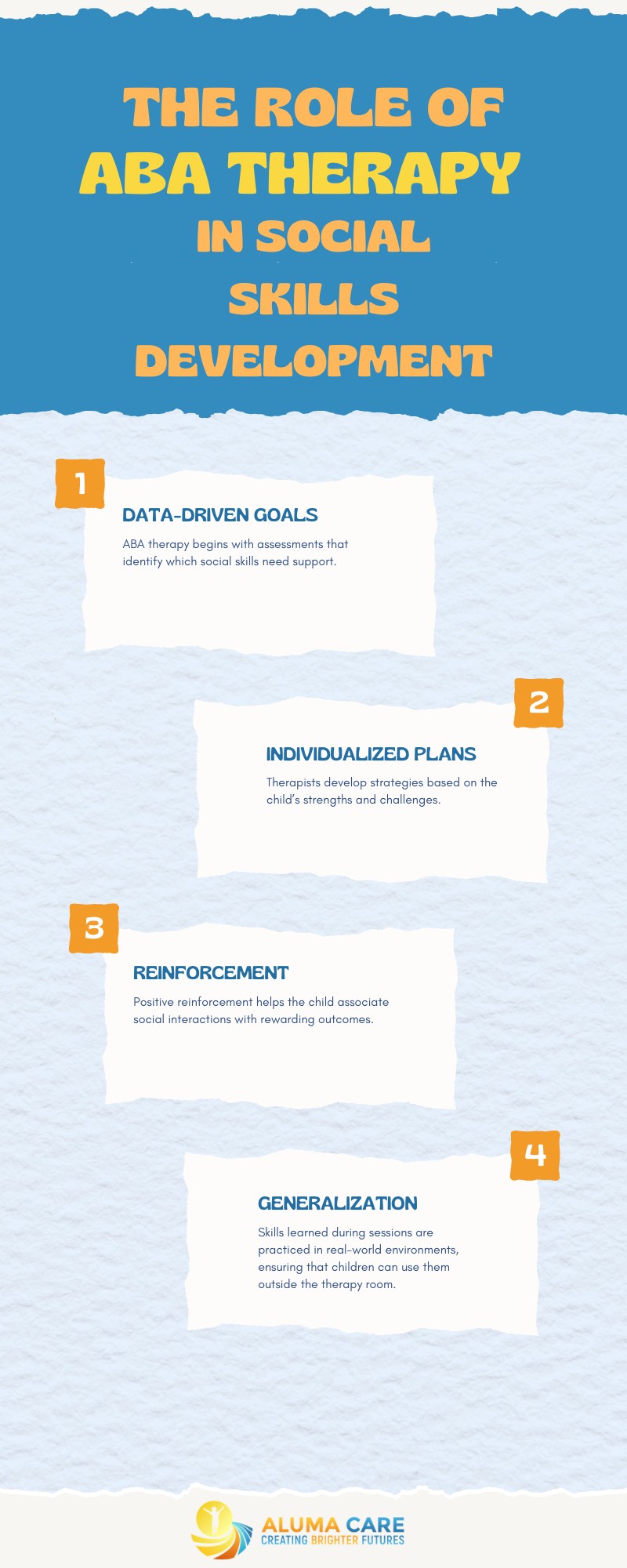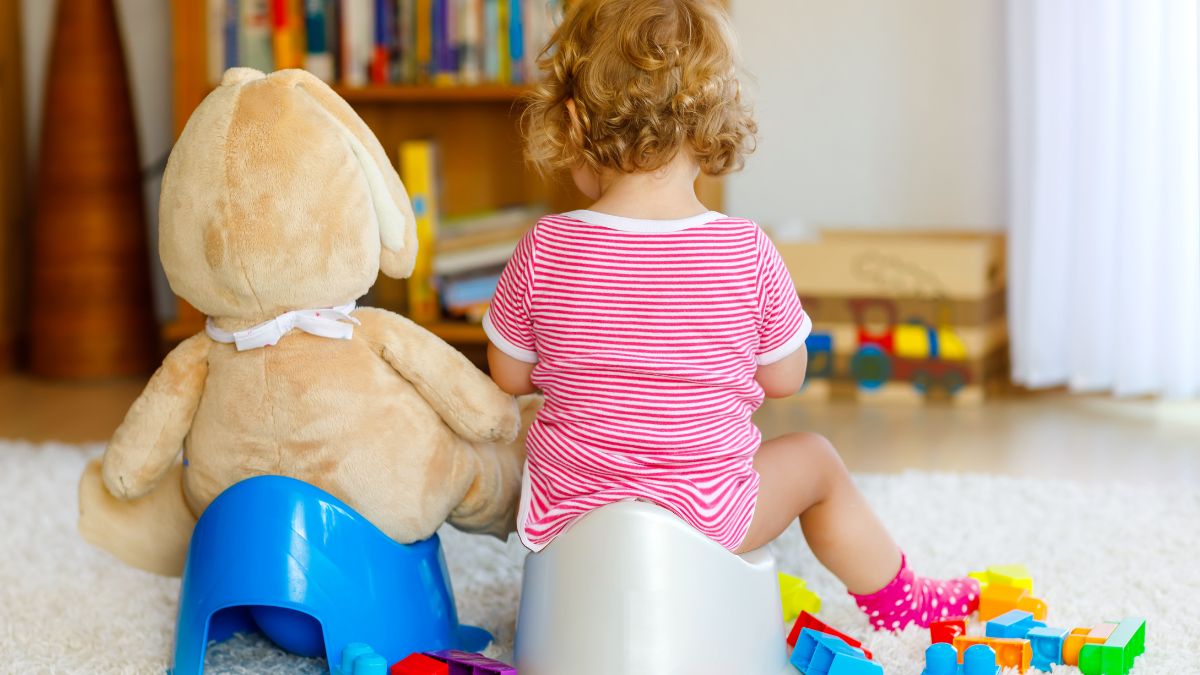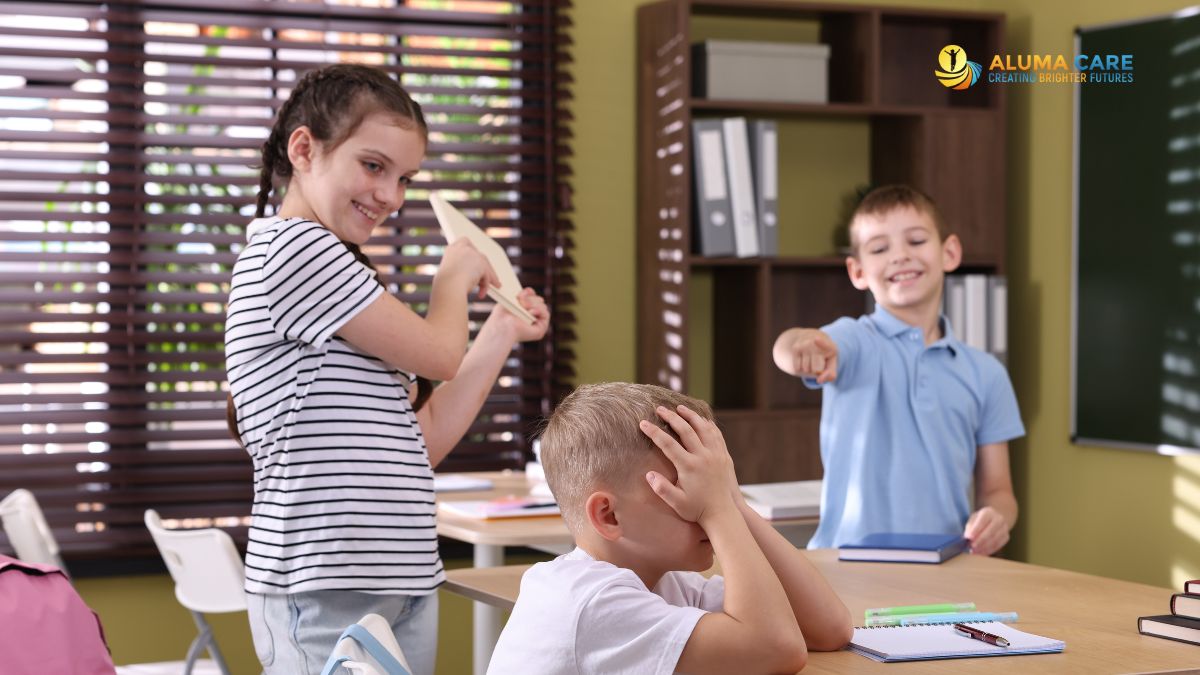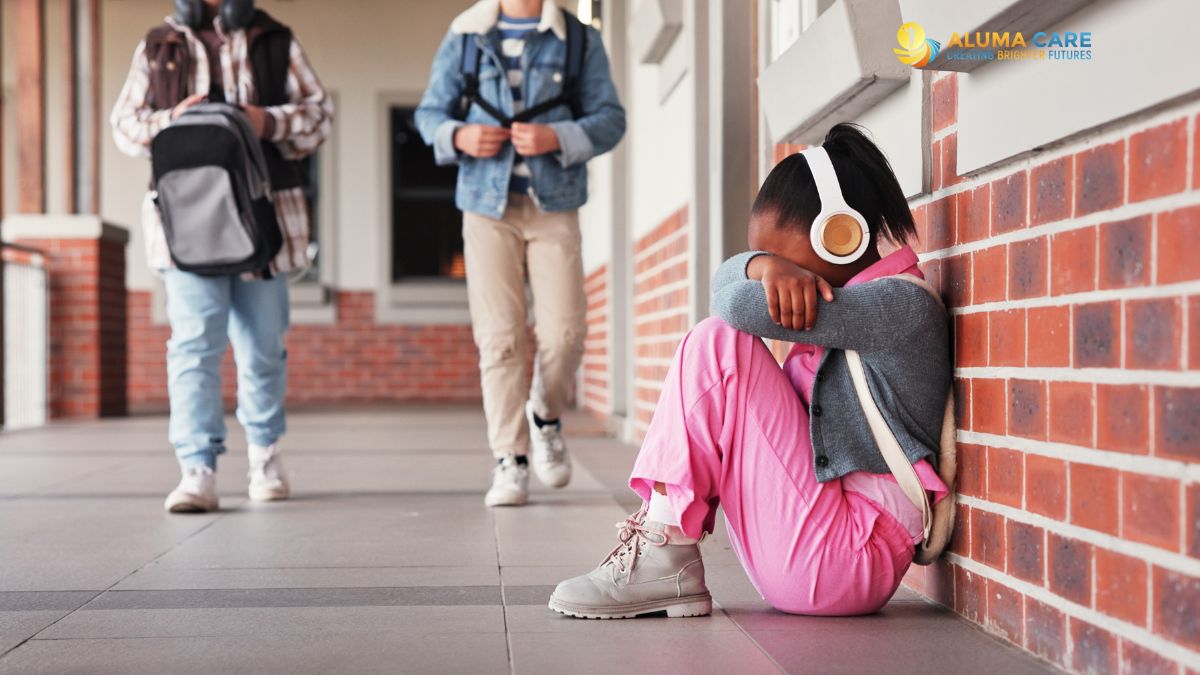Key Points:
- Social skills training helps individuals with autism develop meaningful interpersonal connections and navigate daily social situations.
- This therapy targets specific areas such as conversation, empathy, body language, and understanding social cues.
- Social skills programs often work best when integrated with ABA therapy and adapted to individual needs.
Ever watched your child avoid eye contact at a birthday party or struggle to join a simple game of tag? If you’ve felt that quiet sting in your chest, you’re not alone. Many parents of children on the autism spectrum know this experience all too well—and it’s why social skills training matters.
What is Social Skills Training for Autism?
Social skills training is a critical part of helping children with Autism Spectrum Disorder (ASD) connect with the world around them. So, what is social skills training for autism? Simply put, it’s a structured approach to teach children the essential communication and interaction skills many others learn naturally.
Children with autism often face challenges in reading facial expressions, understanding tone of voice, making friends, or engaging in back-and-forth conversation. This isn’t because they don’t want to connect—it’s that the rules of social interaction feel like an entirely different language. Social skills training helps bridge that gap.
Why Social Skills Training is Crucial for Kids with ASD
Many children on the spectrum want friends, enjoy playing, and wish to be included—but they may not know how to initiate, maintain, or repair social connections. This is where social skills training comes in.
Through evidence-based techniques, children can learn how to:
- Start and maintain conversations
- Recognize body language and facial expressions
- Take turns and share
- Understand emotions—both their own and others’
- Develop empathy
- Navigate conflict
In social skills groups or one-on-one sessions, these skills are taught explicitly, modeled by therapists or peers, and reinforced through role-play, games, and real-life practice. These activities aren’t just "practice"—they're rehearsals for real life.
Who Benefits Most from Social Skills Training?
The effectiveness of this training depends on several factors, including age, developmental level, and the presence of co-occurring conditions such as ADHD or anxiety. Typically, children between the ages of 4 and 18 gain the most from structured social programs, especially when these programs include:
- Peer modeling
- Video modeling
- Role-playing scenarios
- Positive reinforcement
- Parental involvement
Some children may benefit from individual training, especially if they find group environments overwhelming. Others thrive in group settings where they can practice with peers in a safe, supportive space. The key is flexibility.
How is Social Skills Training Delivered?
Social skills training can happen in different settings—clinics, schools, or even at home—and in various formats.
There are three common delivery models:
1. One-on-One Training
This personalized setting allows a therapist to focus on a child’s specific goals and needs. It’s particularly effective for younger children or those who need more foundational support before joining group settings.
2. Group-Based Social Skills Programs
These programs often mimic real-world interactions and are led by trained professionals. Children get a chance to learn and practice in a controlled, yet dynamic environment with peers.
3. Parent-Mediated Interventions
Parents are coached to support social skills at home through everyday routines. This approach ensures consistency and reinforces what’s learned during sessions.
No matter the format, repetition, reinforcement, and relevance are vital. The best programs make learning fun, structured, and immediately useful in daily life.
The Role of ABA Therapy in Social Skills Development
Applied Behavior Analysis (ABA) is one of the most widely accepted and evidence-backed approaches for treating autism. ABA focuses on breaking down complex behaviors into smaller, teachable steps—and this makes it especially effective for teaching social skills.
Here’s how ABA supports social learning:

In short, combining ABA therapy with social skills training results in a powerful, tailored approach that supports your child’s long-term growth.
What Does a Typical Social Skills Session Look Like?
A typical session is designed to be engaging, encouraging, and developmentally appropriate.
Here’s an example breakdown of a 45-minute session for a group of 6- to 9-year-olds:
- Welcome & Warm-Up (5–10 mins): A fun icebreaker game to help children feel comfortable.
- Skill Introduction (5–10 mins): The therapist introduces a new skill (e.g., how to join a group conversation) using visual aids or modeling.
- Practice Activities (15–20 mins): Kids practice through role-playing, games, or group discussions.
- Feedback & Reinforcement (5–10 mins): The therapist gives feedback, and children celebrate each other’s progress.
- Wrap-Up & Homework (5 mins): Families receive a summary and ideas for practicing at home.
This structure balances instruction with play—so children learn without it feeling like “school.”
Tips for Parents Supporting Social Growth at Home
Even outside of therapy, there’s a lot you can do to support your child’s social development.
Here are a few simple strategies:
- Narrate your own social interactions. “I saw Mrs. Green at the store, and I said hi and asked how she was doing.”
- Use storybooks or videos to discuss emotions. Pause and ask, “How do you think he feels?” or “What should she say next?”
- Practice turn-taking games. Board games are great for building patience and social reciprocity.
- Celebrate effort, not just results. Even if your child doesn’t get it “right,” encourage the try.
Consistency at home helps reinforce what your child is learning in therapy and empowers them to keep growing.
Get in Touch With Aluma Care — Support That Makes a Difference
At Aluma Care, we specialize in ABA therapy in Virginia, New Hampshire, and Kansas, offering personalized, family-centered care for children with autism. If you’ve been wondering what is social skills training for autism and how it can benefit your child, our team is here to help guide you every step of the way.
We understand that each child’s journey is different—and we work closely with families to build programs that nurture communication, connection, and confidence. Through targeted social skills training within the framework of ABA, we help children thrive not only in therapy sessions but also at school, at home, and in their communities.
Let’s build the skills today that create possibilities tomorrow. Contact us today to get started!












.jpg)
.jpg)
.jpg)







.png)